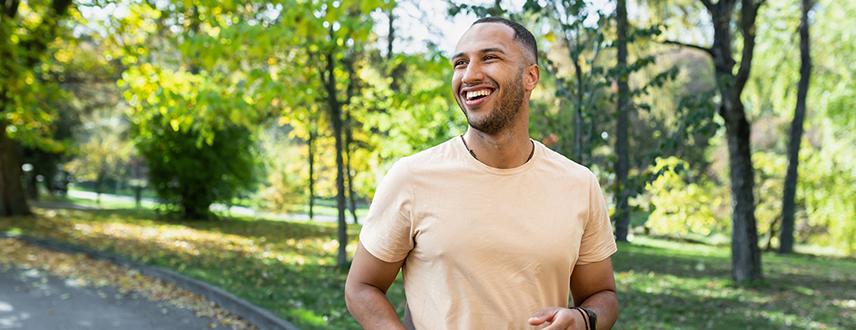
When it comes to exercise and fitness, macronutrients like protein and carbohydrates tend to take the spotlight. But behind the scenes, a group of essential micronutrients plays a crucial role in helping your body perform, recover, and thrive — the B vitamins.
Whether you’re a weekend warrior, a casual walker, or a dedicated athlete, understanding how B vitamins support exercise can help you train smarter, recover faster, and feel more energized.
What Are B Vitamins?
B vitamins are a group of eight water-soluble vitamins that each play a unique role in maintaining your health. These include:
- B1 (Thiamine)
- B2 (Riboflavin)
- B3 (Niacin)
- B5 (Pantothenic acid)
- B6 (Pyridoxine)
- B7 (Biotin)
- B9 (Folate)
- B12 (Cobalamin)
Together, they contribute to everything from energy metabolism to red blood cell production — both of which are critical for anyone who exercises.
How B Vitamins Support Exercise
1. Energy Production
Exercise increases your body’s demand for energy. B vitamins like B1, B2, B3, B5, and B6 are directly involved in converting the food you eat into usable energy. Without adequate levels, your cells can’t efficiently produce the fuel needed for movement, endurance, and strength.
2. Red Blood Cell Formation
Vitamin B12 and folate (B9) help produce red blood cells, which carry oxygen to your muscles. Low levels can lead to fatigue, poor endurance, and slower recovery due to reduced oxygen delivery.
3. Muscle Repair and Growth
B6 helps your body metabolize amino acids, the building blocks of muscle tissue. It’s especially important for those doing strength training or recovering from intense workouts.
4. Brain and Nervous System Support
B vitamins play a vital role in the functioning of your nervous system. This is important for coordination, balance, and the communication between your brain and muscles during exercise.
Food Sources of B Vitamins
You can get most B vitamins from a balanced diet that includes:
- Whole grains (B1, B3, B5, B6)
- Leafy greens (Folate)
- Eggs and dairy products (B2, B12)
- Lean meats and poultry (B3, B6, B12)
- Legumes and nuts (B1, B6, B7)
- Fortified cereals and nutritional yeast (B12, B9)
B vitamins are unsung heroes in your fitness journey. They help your body unlock energy, transport oxygen, support recovery, and keep your nervous system sharp. Whether you’re lifting weights, running marathons, or enjoying weekend hikes, making sure you get enough B vitamins can help you feel and perform your best — from the inside out.
